It is 2020 and we still need Black Lives Matter
Anita Alaezi
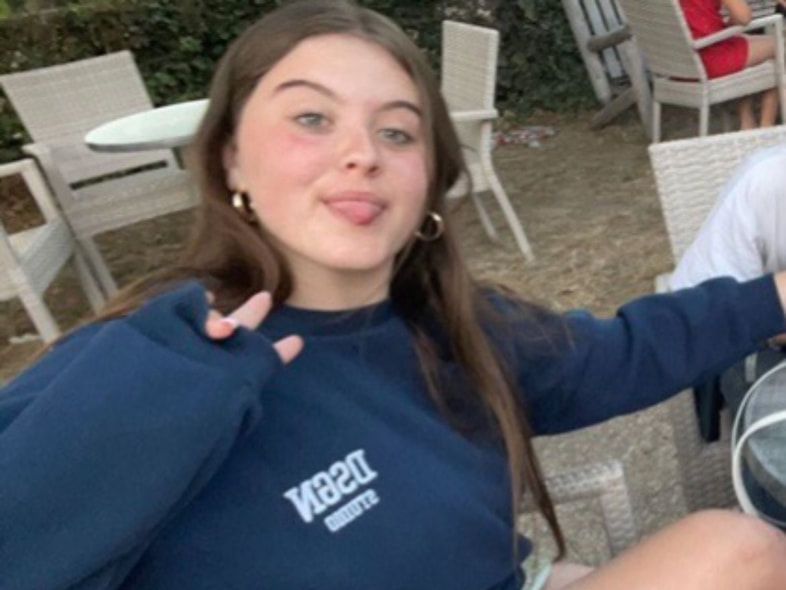
Pain, hurt, anger and disgust - The first four emotions I felt when I looked on my phone and saw another black man murdered in America. This has become all too familiar to me and is now almost normalised. I expect to hear of such senseless killing of another black male or female by racist people, who are ignorant, uneducated and lack understanding of the fact that being black is not a crime. I always ask myself why? How can someone intentionally kill another human purely because of their skin tone? How can someone cause another pain for a skin colour that was not by choice? Does it matter that I am BLACK? Having considered the killings, I also ask myself: is this a sport? Do they pick and choose who they kill? Who is next? I’m appalled, scared and hurt. It’s 2020 and it seems like nothing has changed. What does it take for change to happen? We don’t just scream ‘Black Lives Matter’ to get attention or to trend (#). We shout and cry out so loud just to be recognised as humans, to be treated like humans and to have the same basic human right like any other person. For years we’ve been peacefully protesting, it started with the NAACP (National Association for the Advancement of Coloured People), the Black Panthers and now the Black Lives Matter movement. Some say that white privilege doesn’t exist. Well, ask any black person and they will give you many examples to show that sadly, it does. The Oxford dictionary definition of white privilege is ‘inherent advantages possessed by a white person on the basis of their race in a society characterised by racial inequality and injustice.’ This applies to all white people regardless of their background or income; they are treated fairly, humanely and with more respect than a black person when confronted with similar circumstances. Now, there is no issue with this if you already acknowledge your white privilege and support in speaking against the power imbalance and discriminations against the black community.
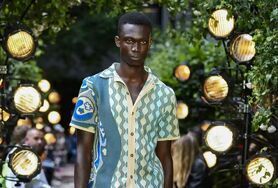
Some say that white privilege doesn’t exist. Well, ask any black person and they will give you many examples to show that sadly, it does. The Oxford dictionary definition of white privilege is ‘inherent advantages possessed by a white person on the basis of their race in a society characterised by racial inequality and injustice.’ This applies to all white people regardless of their background or income; they are treated fairly, humanely and with more respect than a black person when confronted with similar circumstances. Now, there is no issue with this if you already acknowledge your white privilege and support in speaking against the power imbalance and discriminations against the black community.
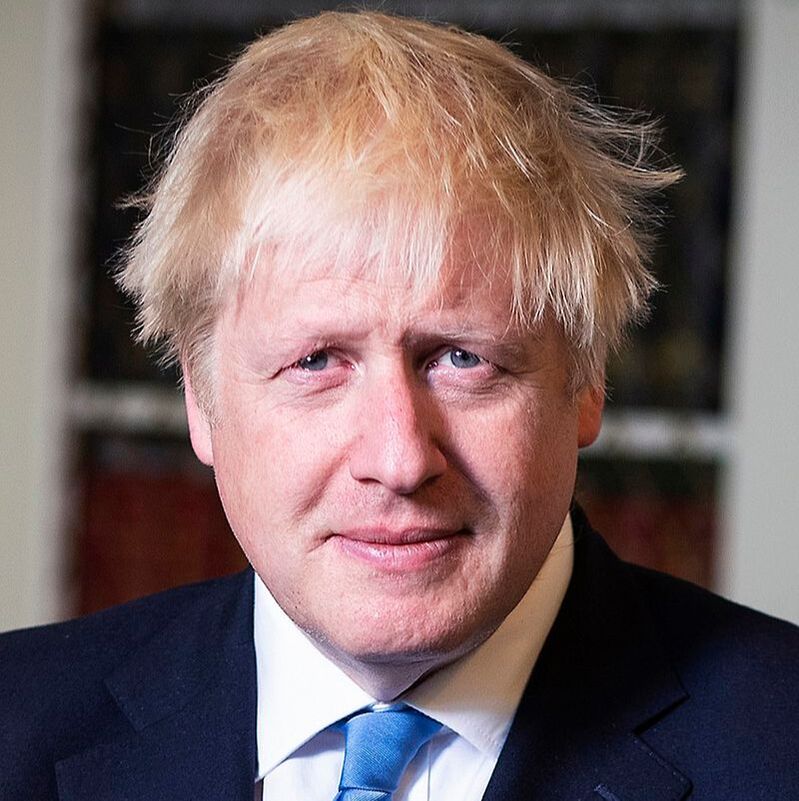
The images portrayed of the black community by the media particularly have always been negative. They show very poor families in Africa, living in slums as needing urgent help and rescuing. When black males are cast in films, their roles are normally aggressive and are easily villanized. Black families are projected as broken, without fathers, with their male children in gangs and ‘up to no good’. In the UK, when the crimes are committed by a black person, the media is quick to reference the person’s African heritage, despite the fact the person was in born the UK, is a British citizen, and might have never visited Africa. This misleading information then seeps into wider society, which prevents people from seeing beyond what the media projects. This taints society’s views of black people, leading them to believe that they are threatening to society, creating a false identity that misrepresents most of the black community.
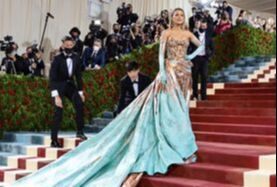
This prejudice is leaked and corrupts children’s mindsets, as racial slurs are normalised and thrown around ‘as a joke’ and micro-aggression is used to subtly take digs at black pupils - whether it’s the most used question in Britain ‘Where are you actually from?’ (so many people have asked me this question that I’ve lost count) to being singled-out when explaining difficult topics such as slavery. I remember when I was in Year 8 in our history lesson in my old school, we were learning about the slave trade and a few boys thought it’d be funny to make a song about it and to mock slavery. I had never been so uncomfortable in my life. Stunned, I just sat there, not knowing what to do, because in that moment they had put my whole heritage to shame, making me feel like I didn’t belong. This particular feeling is what a lot of black pupils struggle with. It’s the sheer embarrassment and anger that builds up inside, but you stay silent fighting the urge to speak, as you do not want to be perceived as aggressive (which is normal) when you speak out or react to the situation.
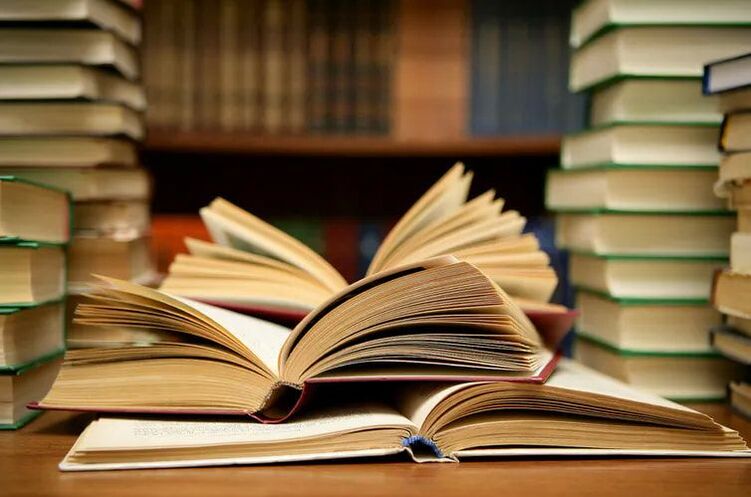
Although this may all seem negative, the sad thing is, this is reality. But things can change. Starting with schools! We need to ensure that the history we study and read about informs us of everyone's history and does not overly emphasise one ethnicity.
Educate yourself.
Watch documentaries/ Netflix series that explain the unexplainable. Read articles and books that cover the questions you need answering. Get involved in protests that are close to you (but remember to stay safe if you do end up going). Even by simply signing and/or donating to charities and petitions that support the Black Lives Matter movement and the Black injustices will prove that you are willing to make a difference in society as an ally. In the great words of Martin Luther King, “I have a dream that one day this nation will rise up and live out the true meaning of its creed - We hold these truths to be self-evident: that all men are created equal.” And this seems to be happening at this very moment in time. With all the protests and awareness on social media, it’s moving to see how many people are allies to the movement. This protest of equality will continue until black people are treated as equals in every society.
For further resources here are some suggestions:
Documentaries/ Films/Podcasts:
- ‘When they see us’ (Netflix) (Age rating 15)
- Kevin Hart’s guide to Black History (Netflix) (PG)
- Hidden figures (Sky, DVD) (PG)
- Blackkklansman (15)
- About Race – Reni Eddo-Lodge (Spotify/Apple Podcasts) (12A)
Articles:
https://www.independent.co.uk/voices/coronavirus-bame-deaths-phe-matthancock-blm-racism-a9546091.html https://www.tolerance.org/magazine/fall-2018/what-is-white-privilege-really https://www.theguardian.com/books/booksblog/2020/jun/03/do-the-work-ananti-racist-reading-list-layla-f-saad
Websites:
https://blacklivesmatter.com/ https://www.facebook.com/BLMUK/ Petitions/ donations: https://www.gofundme.com/f/ukblm-fund https://www.gofundme.com/f/ukblm-fund https://www.change.org/p/anybody-so-people-know-black-livesmatter?utm_source=share_petition&utm_medium=custom_url&recruited_by_id= f43da590-89b8-11ea-ac09-978e42fdbeeb
Books:
- When they call you a terrorist: Patrisse Cullors and Asha Bandele - So, you want to talk about race: Ijeoma Oluo - Road map for revolutionaries: Elisa Camahort Page, Carolyn Gerin and Jamia Wilson
Documentaries/ Films/Podcasts:
- ‘When they see us’ (Netflix) (Age rating 15)
- Kevin Hart’s guide to Black History (Netflix) (PG)
- Hidden figures (Sky, DVD) (PG)
- Blackkklansman (15)
- About Race – Reni Eddo-Lodge (Spotify/Apple Podcasts) (12A)
Articles:
https://www.independent.co.uk/voices/coronavirus-bame-deaths-phe-matthancock-blm-racism-a9546091.html https://www.tolerance.org/magazine/fall-2018/what-is-white-privilege-really https://www.theguardian.com/books/booksblog/2020/jun/03/do-the-work-ananti-racist-reading-list-layla-f-saad
Websites:
https://blacklivesmatter.com/ https://www.facebook.com/BLMUK/ Petitions/ donations: https://www.gofundme.com/f/ukblm-fund https://www.gofundme.com/f/ukblm-fund https://www.change.org/p/anybody-so-people-know-black-livesmatter?utm_source=share_petition&utm_medium=custom_url&recruited_by_id= f43da590-89b8-11ea-ac09-978e42fdbeeb
Books:
- When they call you a terrorist: Patrisse Cullors and Asha Bandele - So, you want to talk about race: Ijeoma Oluo - Road map for revolutionaries: Elisa Camahort Page, Carolyn Gerin and Jamia Wilson
Other Sites |
|